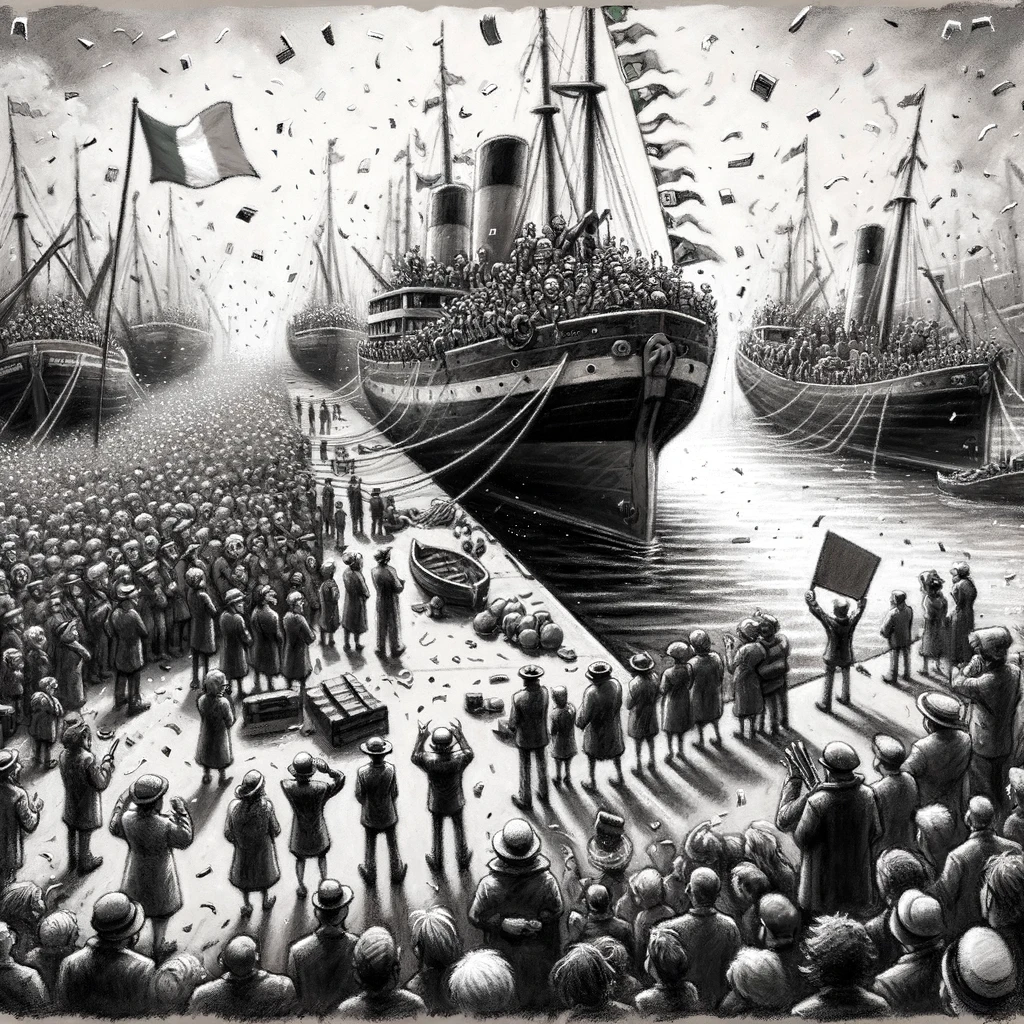“Shipping solves everything” is a product development motto I deeply believe in. I’d rather ship the wrong thing and learn than to not ship. It becomes increasingly difficult to ship well as a company grows––process and communication taxes tend to slow shipping down. Here is the content I recommend to help teams ship well no matter what.
1. Finding The Problem
You can’t ship well if you don’t understand the problem you’re solving. Far too many teams, I’ve learnt this the hard way, create solutions in search of problems. It’s the worst feeling in product development, you invest too much time creating a solution that no one wants, it sucks!
Recommendations to help you find the problem to solve:
Recommendations to help you find the problem to solve:
- Demand Side Sales by Bob Moesta. Bob is the “co-architect of the ‘Jobs To Be Done’ theory” and shares incredibly insights on how to understand the problem a potential customer is really trying to solve.
- Bonus: Bob did an interview on Lenny’s Podcast. I’ve listened to this at least three times to better understand the user interview tips that Bob shares.
- Bonus: How Ryan Singer Uses OmniGraffle. A great interview with author of Shape Up talking about how he approaches user research.
Always make sure you and your team can succinctly answer “what problem are we solving?”
2. Shaping The Solution
It’s not an accident this section is called “shaping”, Shape Up by Ryan Singer is a ground breaking book. Ryan shares his unique take on how to identify the best way to solve a problem, while maintaining shipping momentum and keeping scope in check. The following are my favorite resources when figuring out the best way to solve a problem:
- Shape Up by Ryan Singer. Stop running in circles and ship work that matters.
- Don’t Make Me Think by Steve Krug. While the examples are a little dated the principles hold, especially the chapter that covers “Happy talk must die”.
- The Pragmatic Programmer by David Thomas & Andrew Hunt. A seminal work that clarifies how pragmatism compounds when it comes to shipping.
- Escape the Build Trap by Melissa Perri. Helpful tips to avoid building for the sake of building, something anyone (including me) who’s ever built anything for fun likes to do.
3. Measuring Impact
Shipping without impact is pointless, unfortunately measuring impact can be difficult depending on the data available and one’s ability to connect it back to business objectives. Two of my favorite resources to help with measurement decisions are:
- How To Measure Anything by Douglas W. Hubbard. I personally need to re-read this book, it offers encouragement that there are always ways to measure impact.
- Measure What Matters by John Doerr. From the mind behind Objectives and Key Results (OKRs). The examples in this book are very entertaining and informative.
4. General Leadership
You can’t help a team ship well without honing your leadership and collaboration skills. The following recommendations transcend shipping and can help you in any role:
- High Output Management by Andy Grove. A seminal work from a legendary leader, I’ve re-read this book several times and continue to find new value in it.
- Peopleware by Tom DeMarco & Timothy Lister. The premise behind this book is timeless, “The problems of our work are not so much technological as sociological in nature”. In fifty years a technology problem will be struggling due to sociological challenges––this book is helps you spot them.
- Rework by Jason Fried & David Heinemeier Hansson. Tips from the founders of 37Signals, a company with a track record of shipping well for over twenty years.
- Turn The Ship Around by L. David Marquet. Incredible tips from the captain that turned a poorly performing submarine into the best performing submarine. My favorite take away is the use of "I intend to" in communications––it allows you to be transparent about intentions but move forward quickly.
Hope these recommendations help you and your team ship well, feedback welcome at bbyrne@hey.com. Happy shipping.
